Owning a reptile in the United States comes with a unique set of legal responsibilities that many new enthusiasts may not be aware of. From endangered species protections to interstate transport regulations, the legal landscape surrounding reptile ownership can be complex and varies significantly across states. Understanding these laws isn’t just about avoiding fines or legal troubles—it’s about being a responsible keeper who contributes to conservation efforts and the ethical treatment of these fascinating creatures. Whether you’re considering your first leopard gecko or you’re an experienced keeper with multiple species, knowing the legal framework that governs reptile ownership is essential for both you and your scaly companions.
The Lacey Act: Cornerstone of Wildlife Regulation

The Lacey Act, first passed in 1900 and significantly amended in 2008, stands as one of the most important federal laws affecting reptile owners in the United States. This legislation prohibits the import, export, transport, sale, or purchase of wildlife taken in violation of any state, federal, tribal, or foreign law. For reptile owners, this means that acquiring animals that were illegally collected from the wild—whether domestically or internationally—can result in severe penalties, including fines up to $250,000 for individuals and even imprisonment. The Act also requires proper documentation for imported species, making it crucial for buyers to ensure their reptiles come from legal, reputable sources with appropriate paperwork. Even if you purchased your reptile legally, transporting it across state lines without proper documentation could potentially violate this far-reaching law.
Endangered Species Act Restrictions

The Endangered Species Act (ESA) of 1973 provides crucial protections for threatened and endangered species, including many reptiles native to the United States and abroad. Under this federal legislation, it’s illegal to harm, harass, collect, or trade endangered species without special permits, which are rarely granted for private ownership. Species like the Eastern indigo snake, bog turtle, and several sea turtles fall under these protections, making their ownership heavily restricted or outright prohibited without proper authorization. Even captive-bred specimens of ESA-listed species require documentation proving their legal captive origin, and owners must be able to demonstrate this lineage if questioned by authorities. Violations of the ESA can lead to civil penalties up to $25,000 per violation and criminal penalties including up to $50,000 in fines and one year imprisonment per violation, making compliance absolutely essential for reptile enthusiasts.
CITES Treaty and International Species

The Convention on International Trade in Endangered Species of Wild Fauna and Flora (CITES) is an international agreement that regulates the global trade of wildlife, including many popular reptile species. Under this treaty, species are categorized into three appendices based on their conservation status, with Appendix I species (like certain tortoises and crocodilians) being the most protected and generally prohibited from commercial international trade. Reptile owners should be aware that even legally owned CITES-listed species require proper documentation when crossing international borders, and some may need additional permits for interstate transport within the U.S. When purchasing exotic species like certain monitor lizards, pythons, or tortoises, responsible owners must verify CITES documentation and ensure the animal was legally imported or captive-bred with proper paperwork. Without these documents, owners may find themselves inadvertently in possession of illegally traded wildlife, potentially facing confiscation of their pets and legal consequences.
State-Specific Ownership Restrictions

State laws regarding reptile ownership vary dramatically across the United States, creating a patchwork of regulations that reptile keepers must navigate carefully. Some states like Florida and New York have implemented extensive restrictions on species considered potentially invasive or dangerous, while others maintain more permissive approaches. For example, venomous reptiles are completely prohibited for private ownership in many states, while others require special permits, liability insurance, or specific housing requirements. California’s restricted species laws are particularly stringent, prohibiting many common reptile pets including all crocodilians and several python and boa species. Hawaii stands as perhaps the most restrictive state, prohibiting nearly all reptile species due to concerns about invasive species impacts on its delicate island ecosystem. Responsible reptile owners should thoroughly research their state’s specific regulations before acquiring any new species, as penalties for non-compliance can include confiscation, fines, and even criminal charges.
Local Ordinances and Housing Restrictions
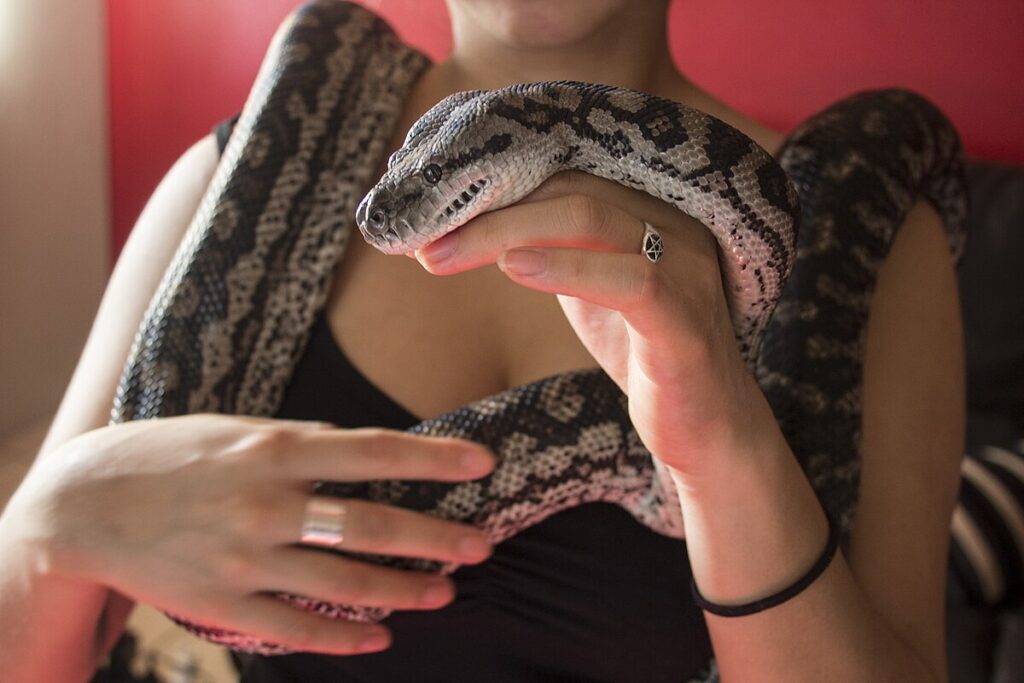
Beyond state laws, many cities, counties, and municipalities have enacted their own ordinances regarding reptile ownership that may be more restrictive than state regulations. These local laws might limit the number of reptiles one household can keep, prohibit certain species entirely, or impose special permit requirements for reptile ownership. Housing associations, apartment complexes, and rental agreements often contain additional restrictions on exotic pets, including reptiles, regardless of their legality at the state level. Some local ordinances focus on specific safety concerns, such as requirements for secure enclosures for larger species or prohibitions against venomous reptiles within city limits. Before bringing home a new reptile, responsible owners should check not only state laws but also county and city ordinances, as well as any housing agreements that might affect their ability to legally keep their chosen species. Violation of these local regulations can result in fines, forced relocation of the animal, or eviction in the case of rental housing restrictions.
Injurious Wildlife Listings Under the Lacey Act

The “injurious wildlife” provision of the Lacey Act gives the U.S. Fish and Wildlife Service authority to restrict the importation and interstate transport of species deemed harmful to humans, agriculture, horticulture, forestry, wildlife, or wildlife resources. In 2012, this provision was used to ban the importation and interstate transport of four large constrictor snake species: Burmese pythons, yellow anacondas, and northern and southern African pythons. Later amendments added reticulated pythons, DeSchauensee’s anacondas, green anacondas, and Beni anacondas to this list. For reptile owners, this means that even if these species are legal to own in your state, transporting them across state lines is prohibited under federal law, with penalties including fines and potential imprisonment. Existing owners who lawfully possessed these species before the restrictions were grandfathered in but are limited to keeping their pets within state boundaries. These regulations highlight the importance of researching both current restrictions and pending legislation before acquiring large or potentially problematic reptile species.
Animal Welfare and Anti-Cruelty Laws

All states have animal cruelty laws that apply to reptiles, though the specific protections and enforcement may vary widely. These laws generally prohibit neglect, abuse, and failure to provide necessary care, including appropriate housing, temperature, nutrition, and veterinary attention when needed. While reptiles have different care requirements than mammals, owners are still legally obligated to provide conditions that meet their species’ biological needs. In some jurisdictions, allowing a reptile to suffer from preventable health issues like metabolic bone disease, severe mite infestations, or thermal burns from improper heating equipment could potentially constitute criminal animal neglect. Several states have strengthened their animal welfare laws in recent years to include more specific provisions for exotic pets, including requirements for proper enclosure size, environmental enrichment, and access to appropriate veterinary care. Penalties for animal cruelty or neglect can range from fines to imprisonment, and may include confiscation of the animal and restrictions on future pet ownership.
Permits and Licensing Requirements

Many states require specific permits or licenses for certain categories of reptiles, particularly for venomous species, large constrictors, crocodilians, or species of conservation concern. These permit systems vary greatly in their requirements and may include background checks, facility inspections, proof of experience, liability insurance, or specialized training in handling the species. Some states operate multi-tiered permit systems with different levels of authorization depending on whether the reptiles are kept for personal, educational, exhibition, or breeding purposes. Permit fees range widely, from nominal processing charges to substantial annual fees for certain categories of restricted species. Maintaining these permits typically requires compliance with specific record-keeping obligations, regular renewals, and sometimes updating authorities about changes in collection composition through birth, death, or transfer of animals. Operating without required permits can result in significant penalties, including fines, criminal charges, and confiscation of animals, making it essential for reptile keepers to thoroughly understand and comply with all applicable permitting requirements in their jurisdiction.
Regulations on Breeding and Selling

Commercial breeding and selling of reptiles triggers additional legal requirements beyond those for personal ownership. At the federal level, breeders who sell wholesale to pet stores or other dealers must obtain a USDA license under the Animal Welfare Act and comply with specific standards of care. Many states require business licenses, sales tax collection, and special permits for commercial breeding operations. In some jurisdictions, even small-scale hobby breeders may need specific authorization if they exceed certain thresholds of animals or annual sales. Internet sales and shipping of reptiles across state lines introduces additional complexities, including compliance with the Lacey Act and state-specific import regulations at the destination. Some states have implemented specific laws targeting reptile breeding, such as Florida’s requirement that certain high-risk species like tegus and green iguanas must be microchipped and registered if bred in captivity. Failing to comply with these commercial regulations can result in business shutdowns, substantial fines, and even criminal penalties depending on the severity and nature of the violations.
Release Prohibitions and Invasive Species Laws

Every state prohibits the release of non-native reptiles into the wild, with penalties ranging from misdemeanor charges to significant felonies with potential imprisonment. These laws exist because released or escaped pet reptiles can establish invasive populations that threaten native wildlife, agriculture, and ecosystem balance, as dramatically demonstrated by Burmese pythons in the Florida Everglades. In response to such problems, many states have implemented specific invasive species laws that restrict ownership of high-risk reptiles or require additional containment measures, such as microchipping or enhanced enclosure security. Some jurisdictions have established amnesty programs where unwanted exotic pets can be surrendered without penalty, providing a legal alternative to release for owners who can no longer care for their reptiles. Certain states require owners to immediately report escaped reptiles, particularly larger or potentially dangerous species, with failure to report constituting a separate violation beyond the escape itself. These regulations emphasize the lifelong responsibility that comes with reptile ownership and the serious ecological consequences that can result from irresponsible release.
Disaster Preparedness and Evacuation Laws

Following Hurricane Katrina and other natural disasters, many states have updated their emergency management laws to address exotic animals, including reptiles. These regulations may require owners of certain species to have documented emergency plans for secure containment during disasters or evacuations. Some jurisdictions mandate that owners of venomous reptiles or large constrictors notify local emergency management agencies of these animals’ presence, particularly in flood-prone or hurricane-vulnerable areas. During mandatory evacuations, certain jurisdictions may prohibit leaving regulated reptile species behind, requiring owners to either evacuate with their animals or place them in approved temporary housing facilities. Florida, with its combination of hurricane risk and high exotic pet ownership, has implemented some of the most comprehensive regulations in this area, including requirements that certain reptile owners maintain disaster plans that can be reviewed by authorities. These emergency planning requirements recognize that escaped exotic reptiles during disasters can pose both public safety risks and potential ecological harm if they establish in new areas.
Transportation and Shipping Regulations

Transporting reptiles across state lines or shipping them via carriers like FedEx or UPS involves navigating a complex web of federal and state regulations. The Interstate Commerce Clause gives federal authorities jurisdiction over wildlife crossing state boundaries, meaning that even if a species is legal in both your state and the destination state, federal restrictions may still apply. Airlines and shipping companies maintain their own policies regarding reptile transport, with many restricting or prohibiting shipment of certain species, particularly venomous reptiles or larger specimens. When shipping reptiles, owners must comply with the International Air Transport Association (IATA) Live Animal Regulations, which specify container requirements, labeling, and documentation needed for humane and legal transport. Some states require import permits before reptiles can be legally brought across their borders, with these permits often needing to be obtained in advance and sometimes requiring health certificates from veterinarians. Violations of these transportation regulations can result in confiscation of animals, civil penalties, and potential criminal charges, making careful compliance essential for anyone moving reptiles between locations.
Navigating the complex legal landscape of reptile ownership in the United States requires diligence, research, and ongoing attention to changing regulations. As conservation concerns grow and invasive species issues continue to make headlines, laws governing exotic pet ownership are likely to become increasingly restrictive in many jurisdictions. Responsible reptile keepers should stay informed about both current regulations and pending legislation that might affect their collections, maintain appropriate documentation for their animals, and engage with reptile advocacy organizations that work to promote reasonable and effective regulation. By understanding and complying with these various legal frameworks, reptile enthusiasts can enjoy their fascinating pets while also contributing to conservation efforts and helping to ensure that responsible reptile keeping remains a legal option for future generations of herpetoculturists.


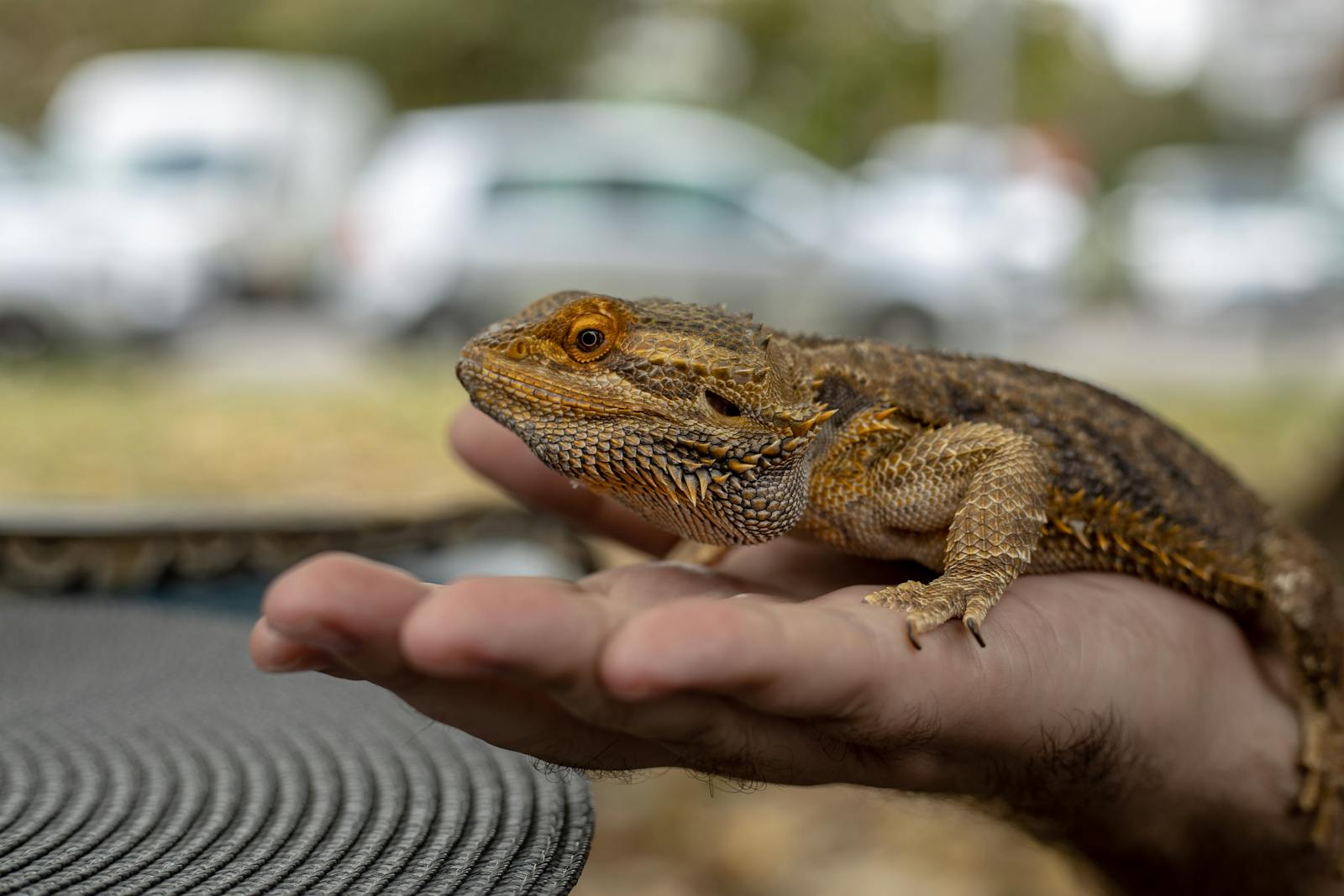

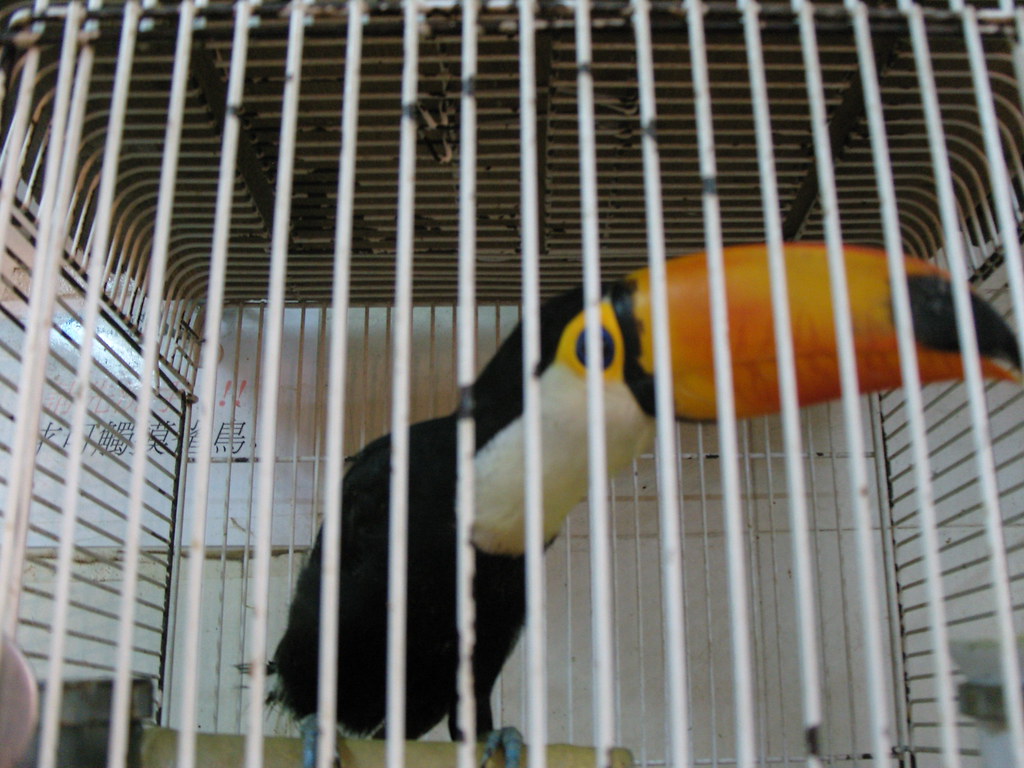

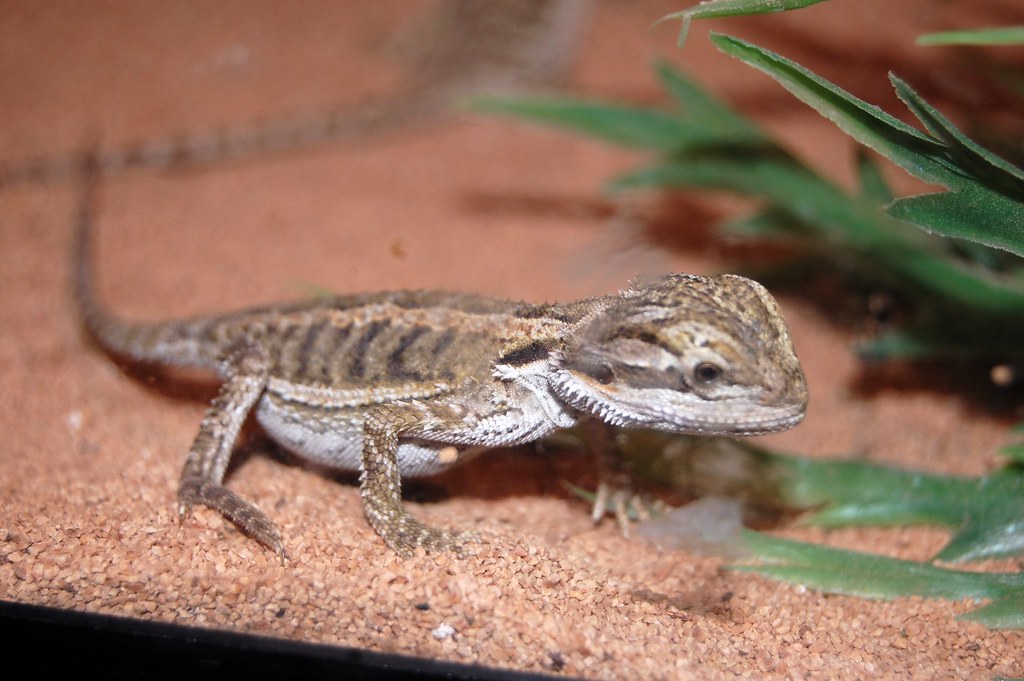



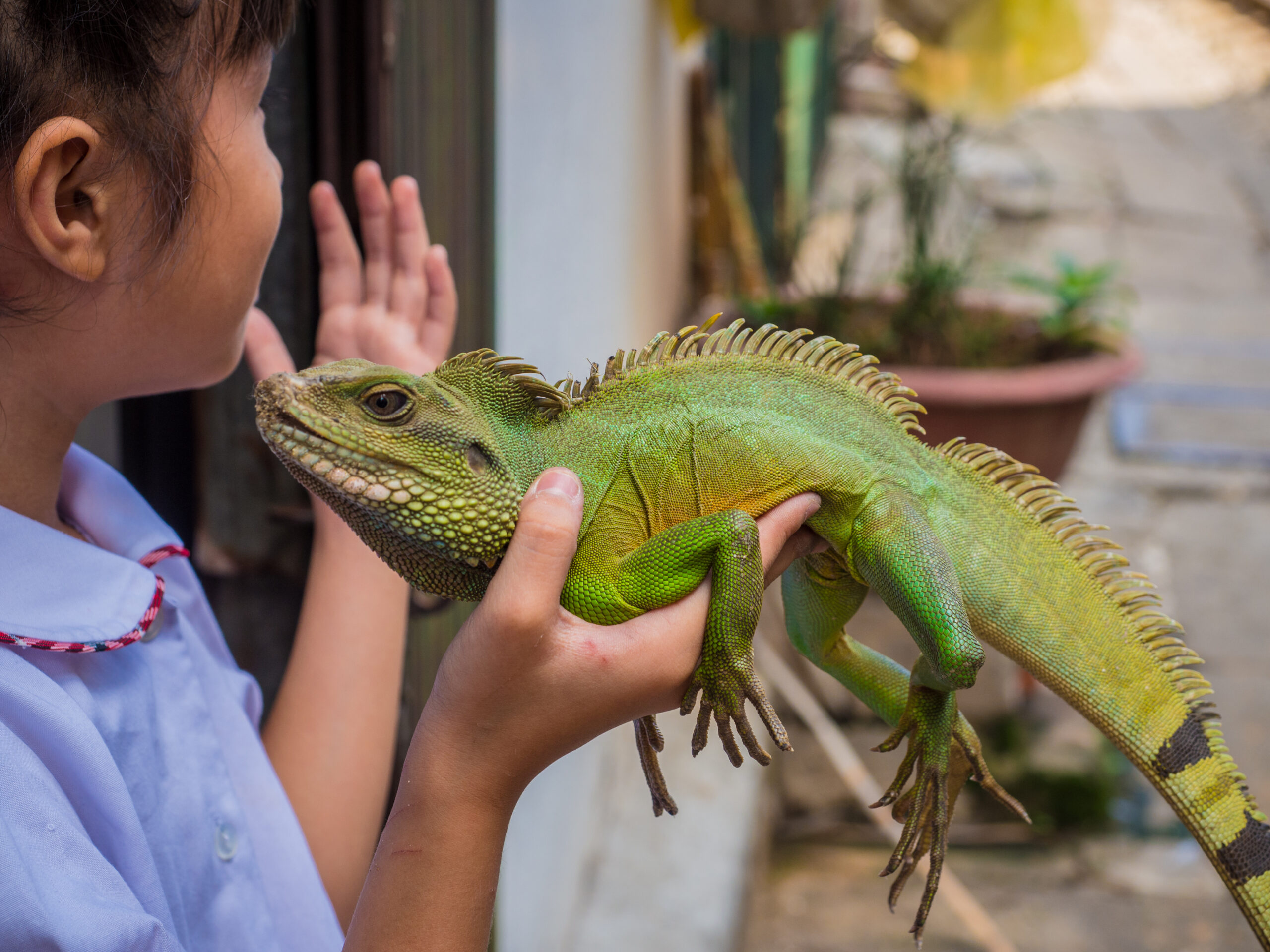
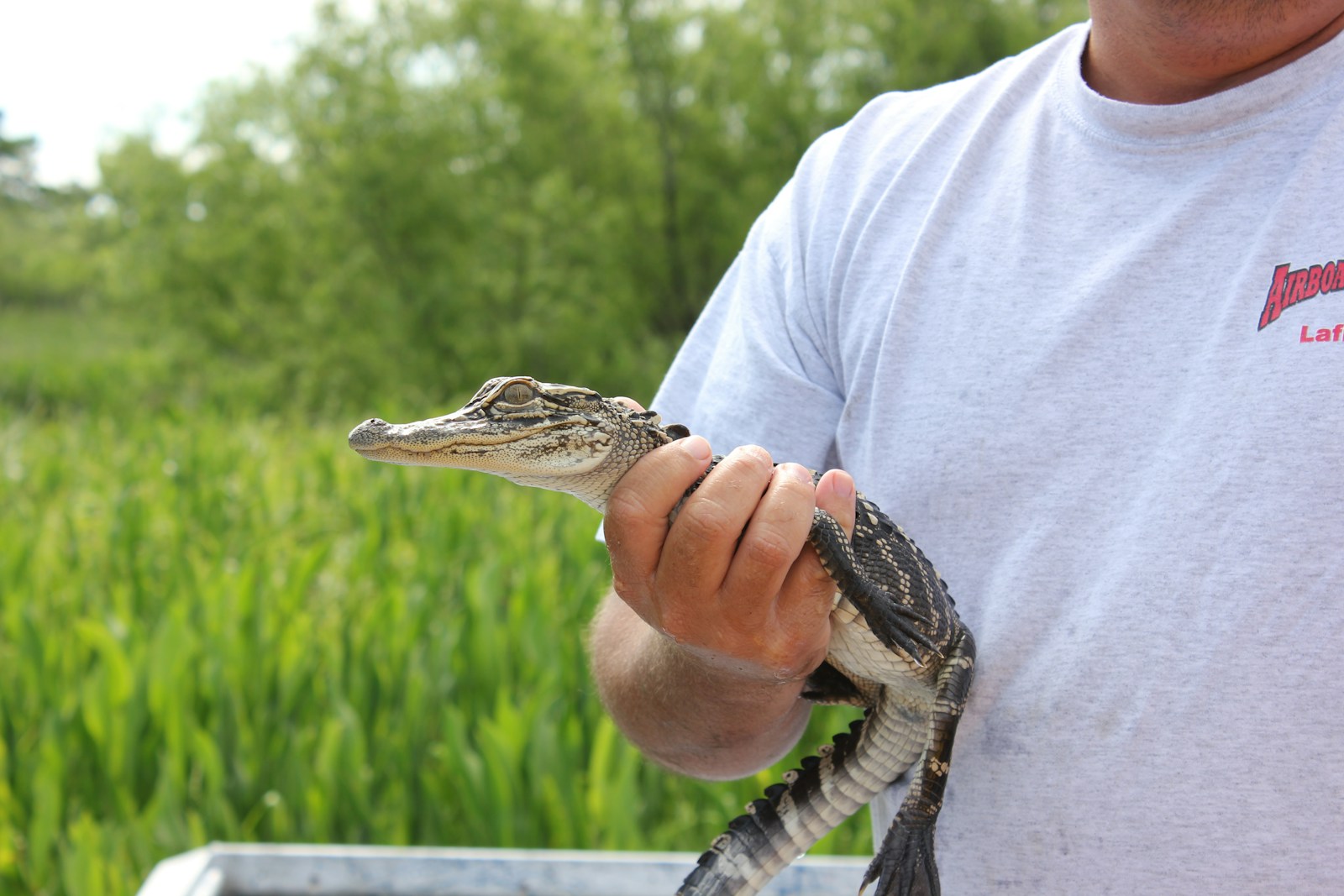
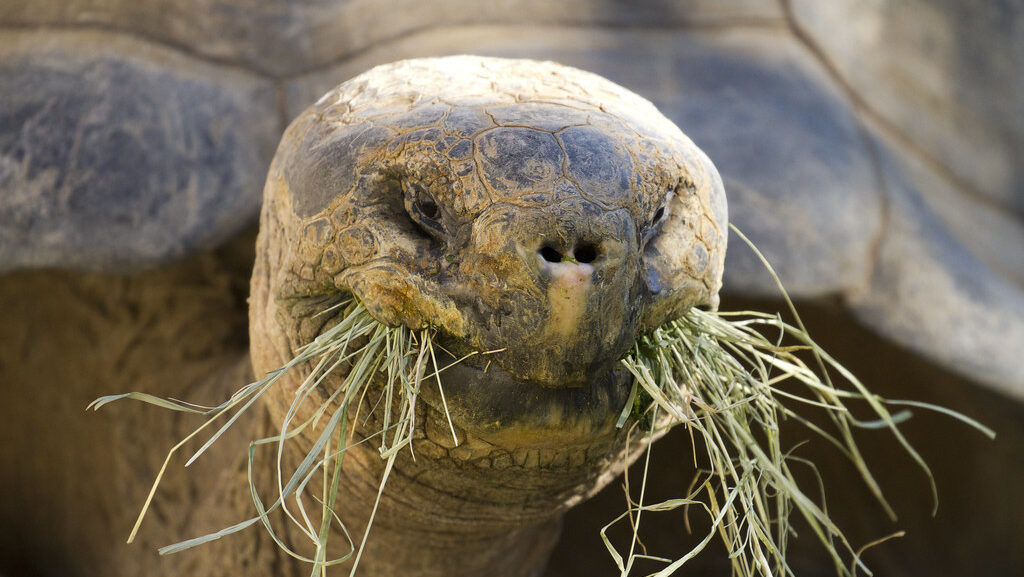

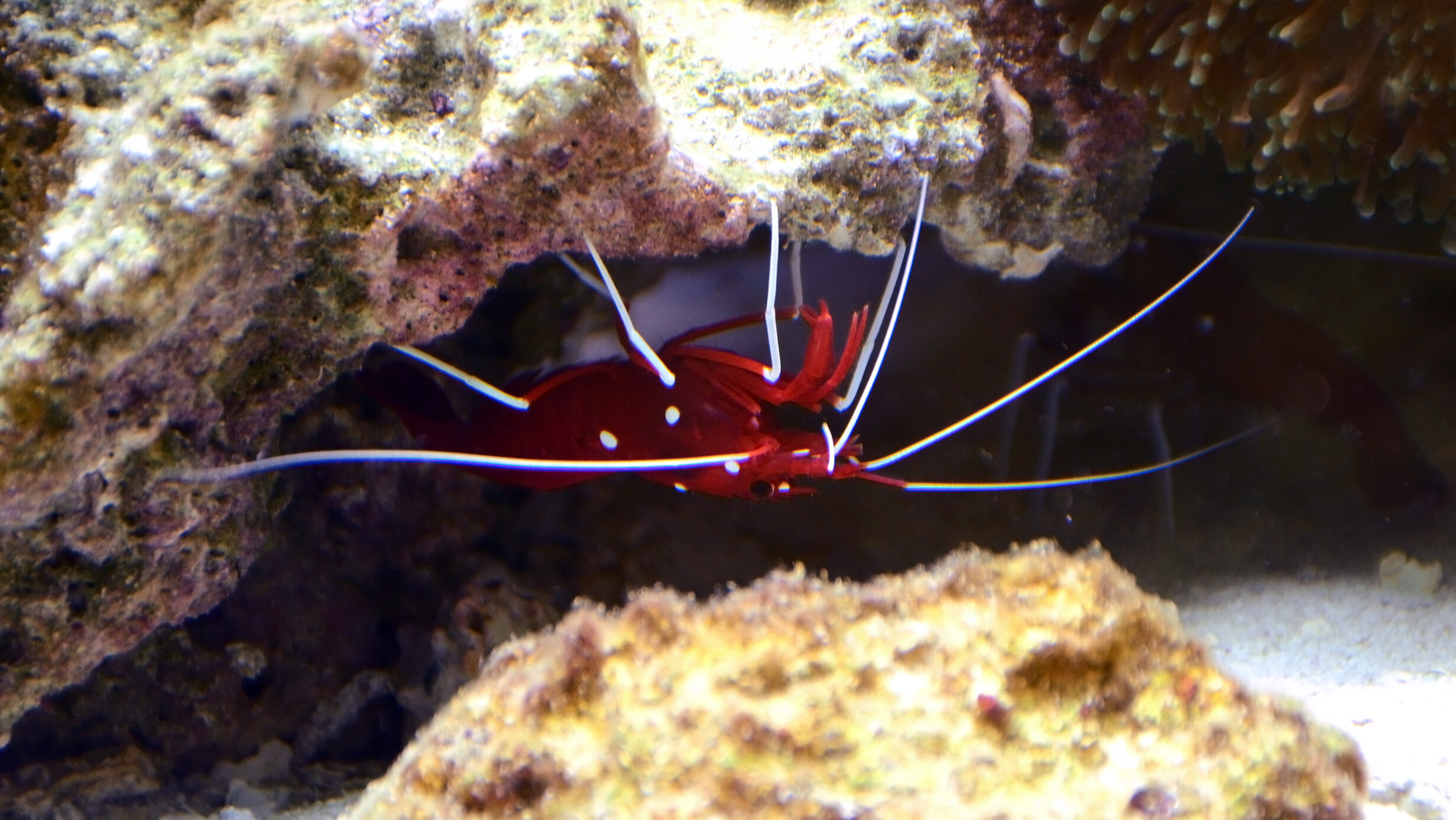

Leave a Reply